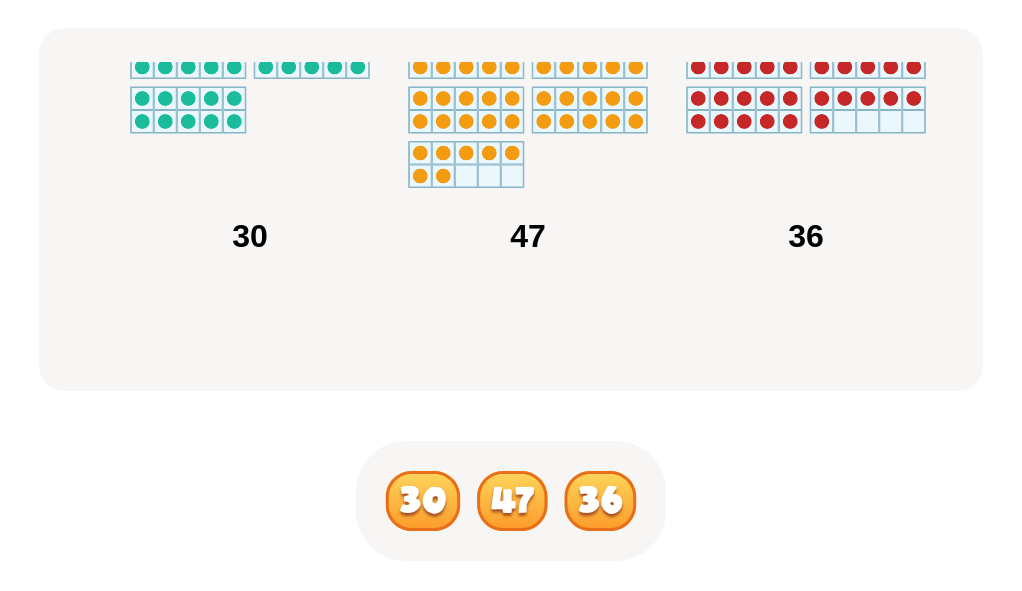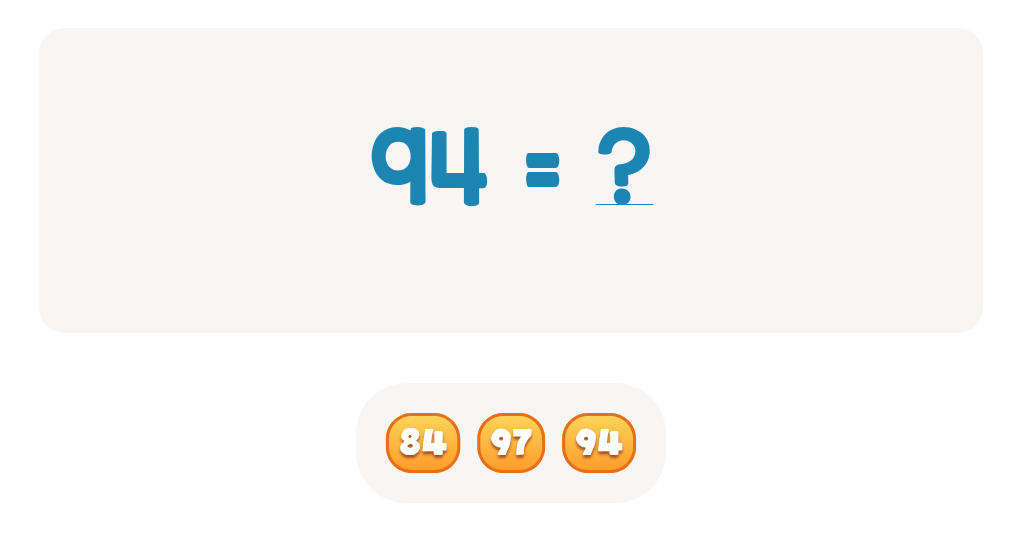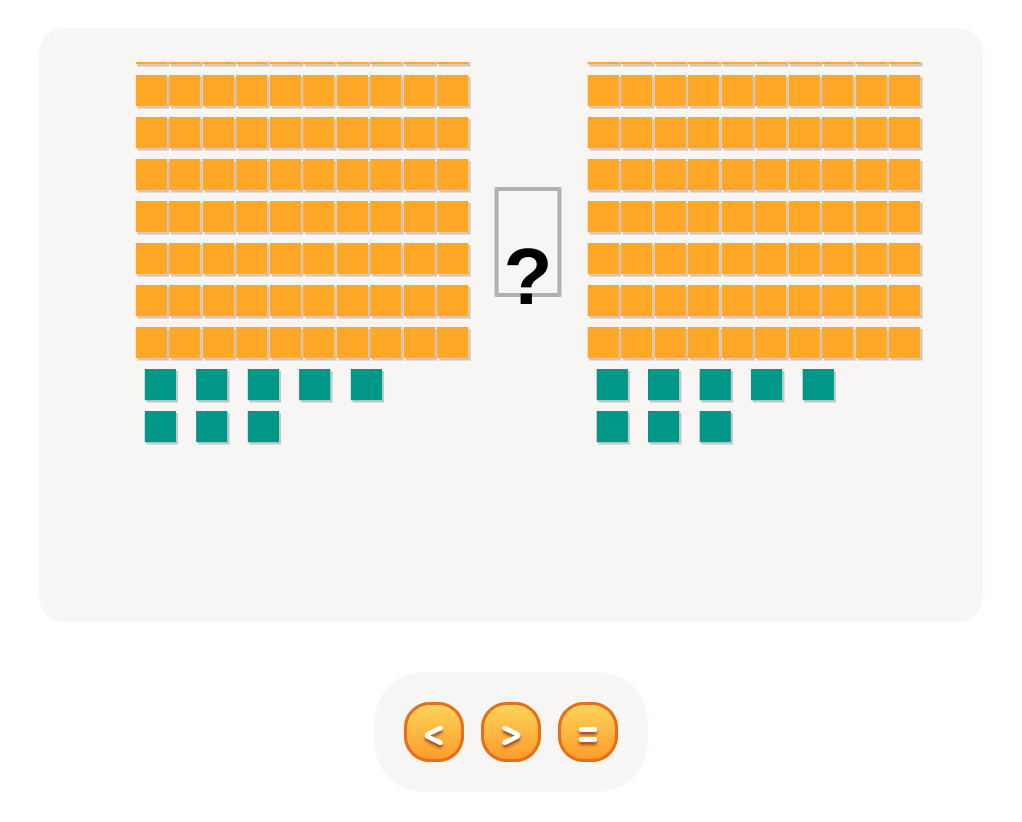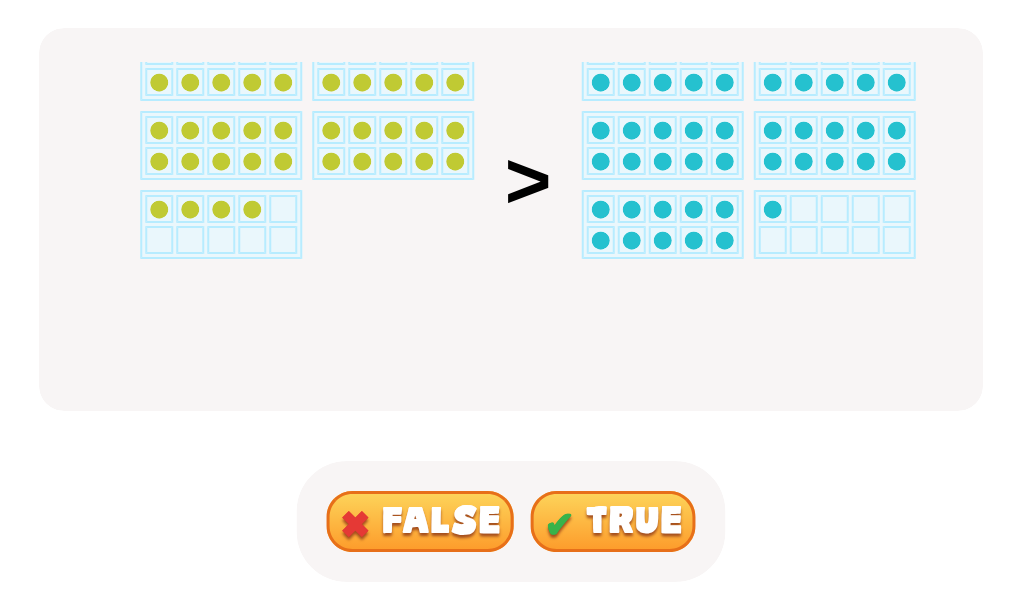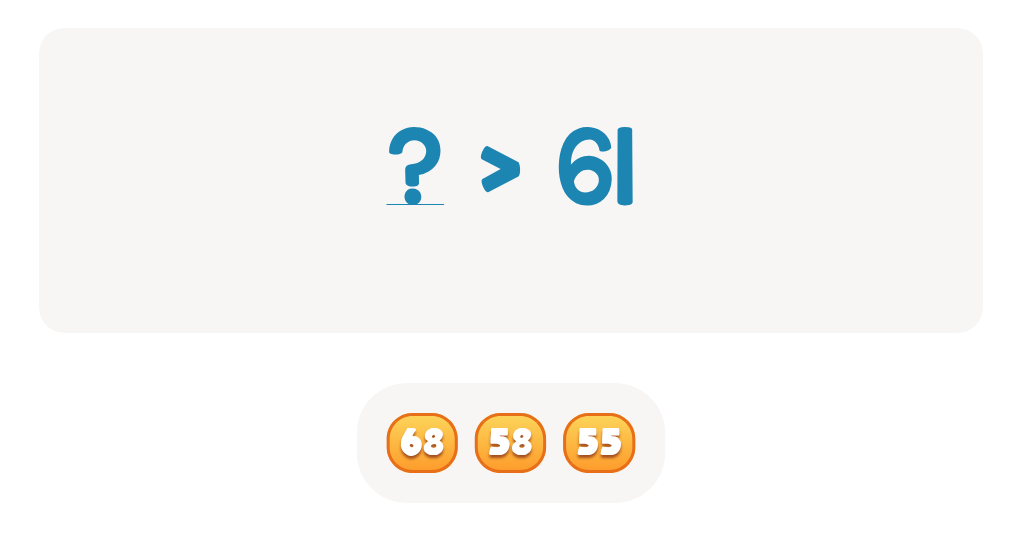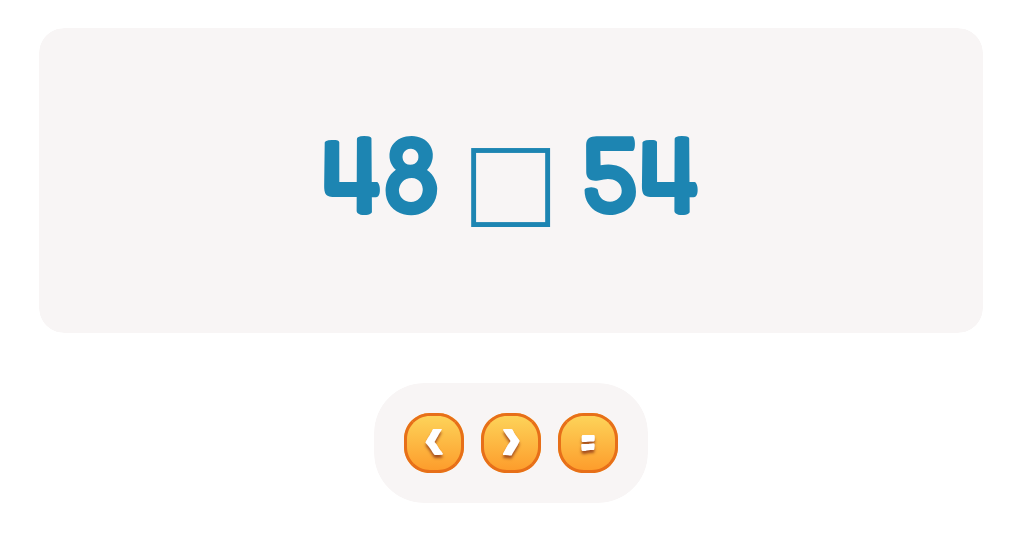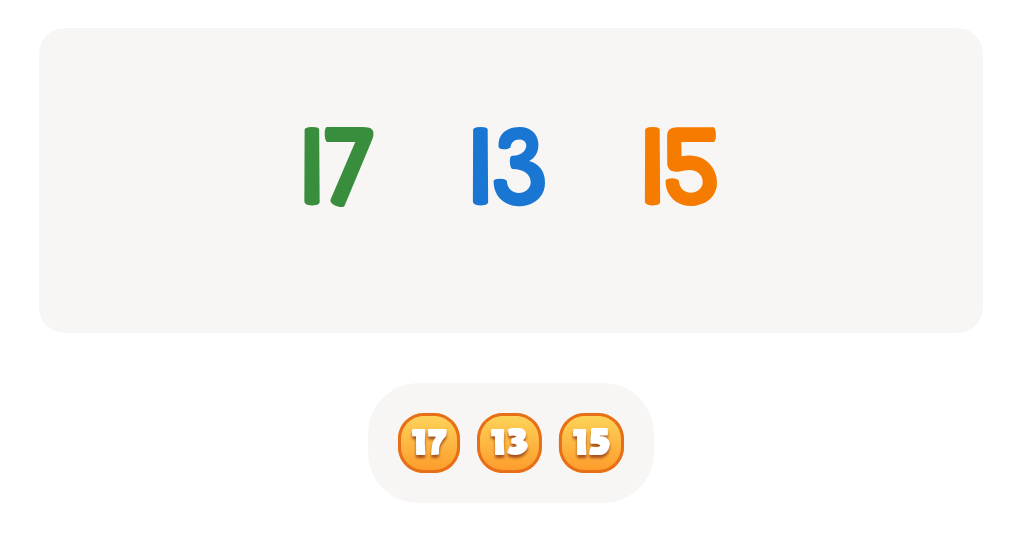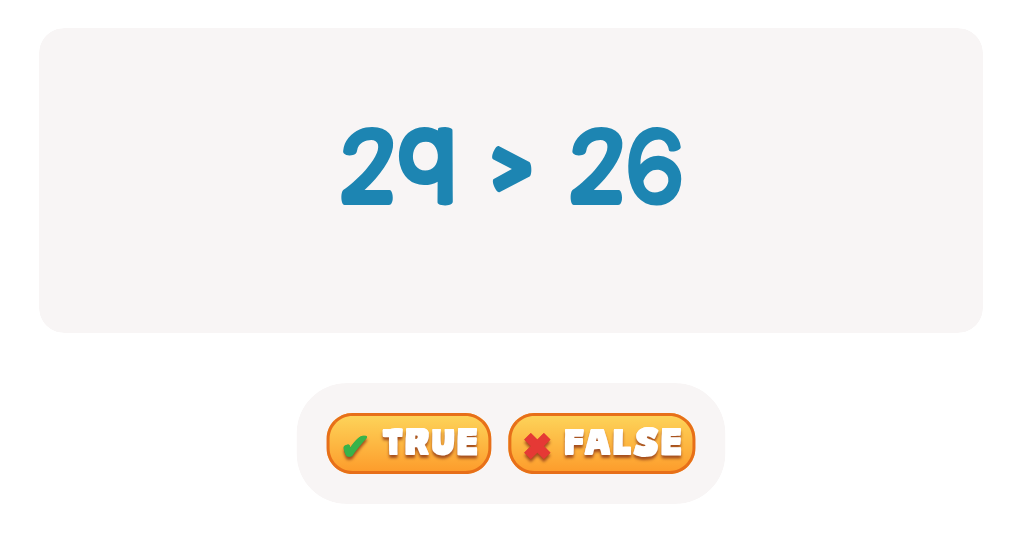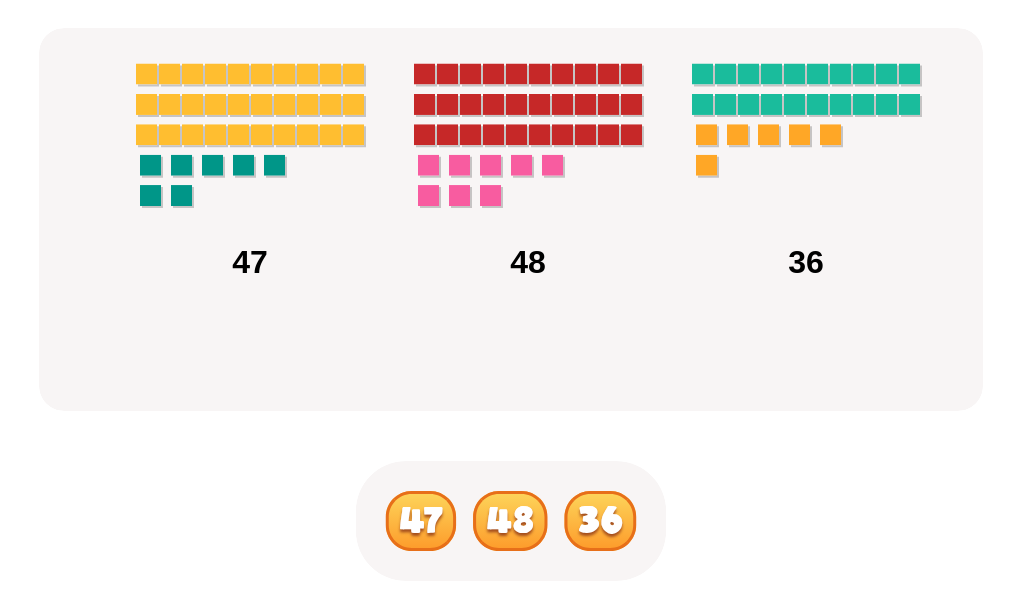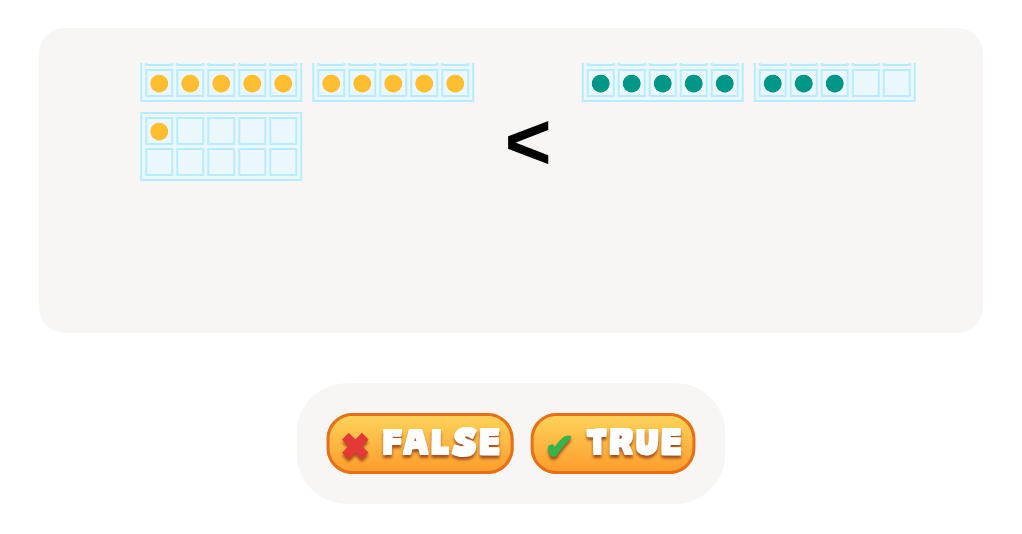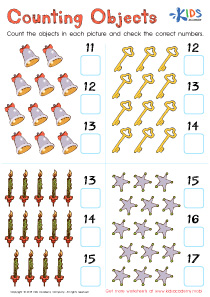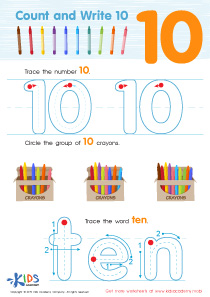Problem-Solving Skills Normal Comparing Numbers Worksheets for Ages 5-8
4 filtered results
-
From - To
Our Problem-Solving Skills Normal Comparing Numbers Worksheets for ages 5-8 are designed to make learning both fun and effective. These engaging worksheets help young learners develop essential problem-solving skills through interactive number comparison activities. Each worksheet challenges students to identify greater than, less than, and equal to relationships, reinforcing their understanding of numerical order. By incorporating colorful visuals and relatable scenarios, the exercises keep children motivated and interested. Perfect for classroom use or extra practice at home, our worksheets support early math proficiency and critical thinking. Empower your child’s learning journey with our expertly crafted resources.
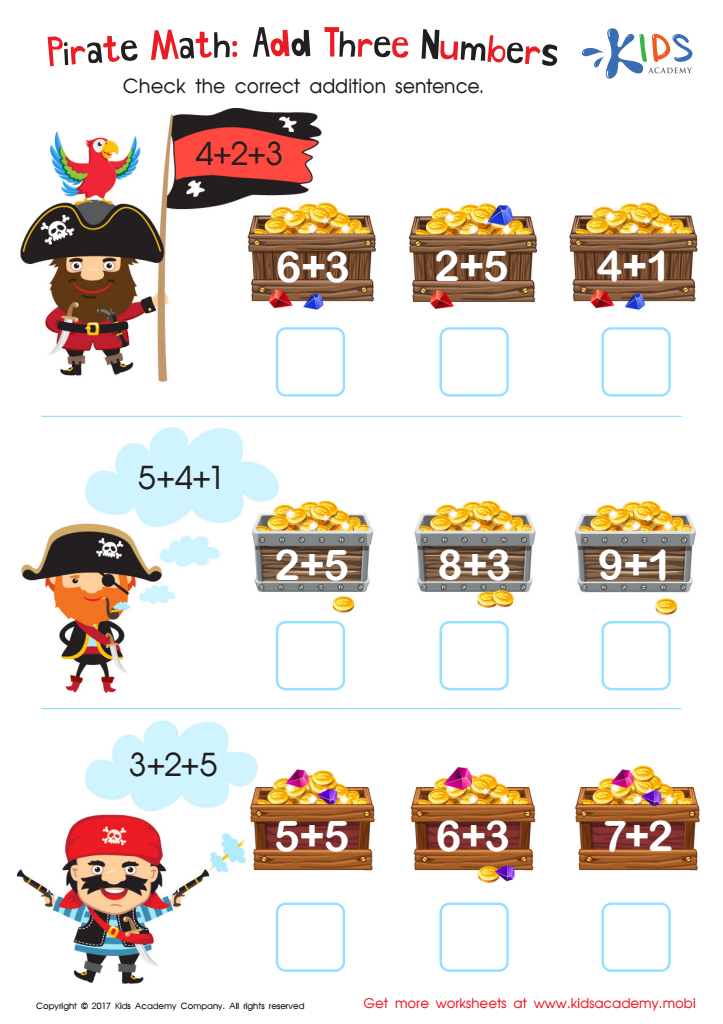

Pirate Math Printable
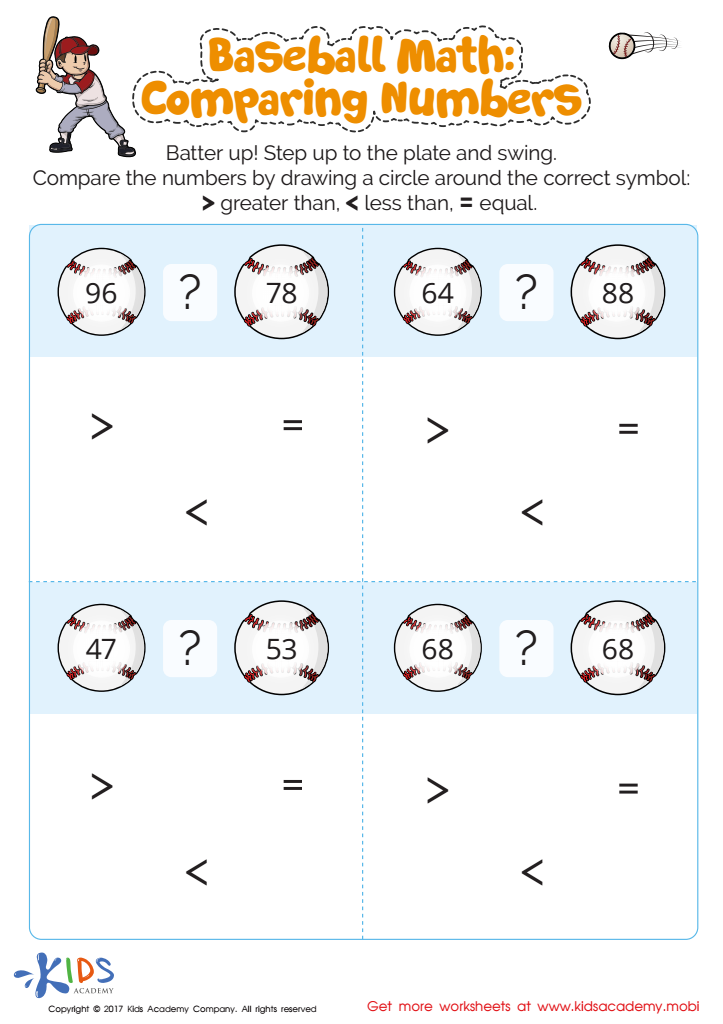

Compare Numbers Printable
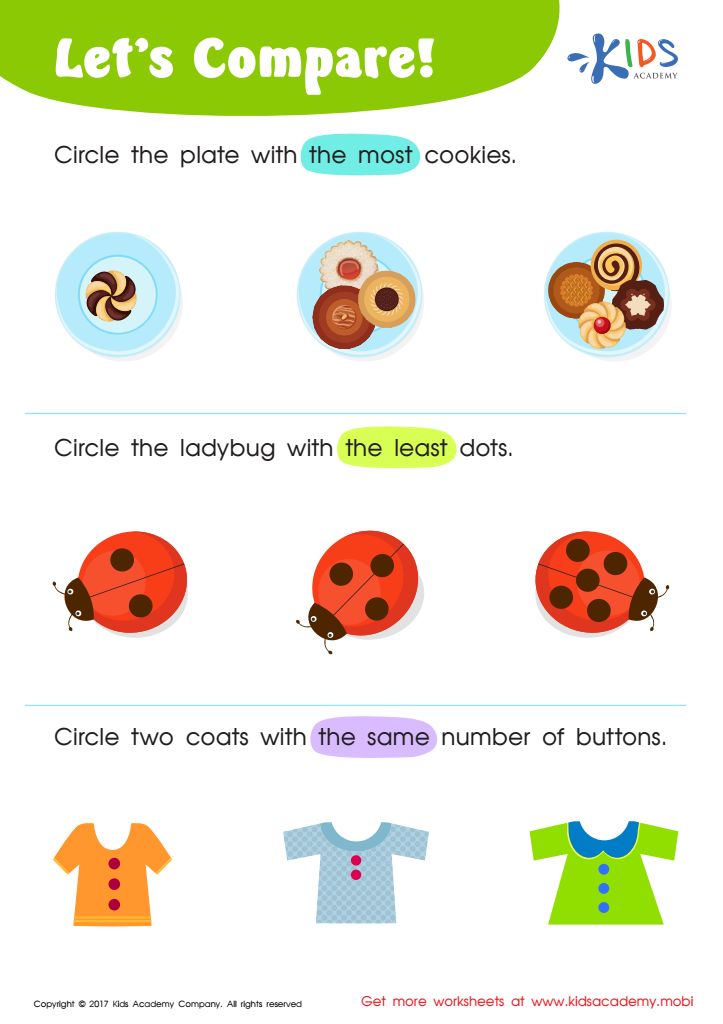

Matching: Classifying Toys by Size Worksheet
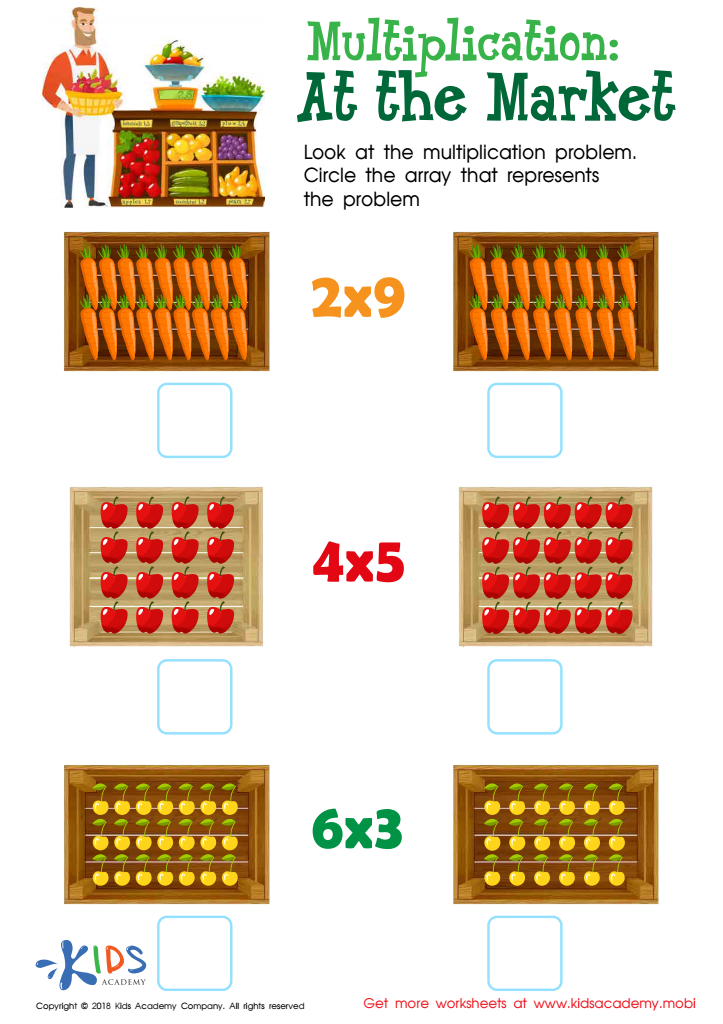

At the Market Worksheet
Problem-solving skills in young children, particularly in the context of comparing numbers, are fundamental for their cognitive and academic development. For ages 5-8, this skill set not only lays the groundwork for more complicated mathematical concepts but also fosters critical thinking and logical reasoning abilities. When children learn to compare numbers, they begin to understand numerical relationships and develop a sense of number value, which enhances their overall mathematical literacy.
Parents and teachers should prioritize these skills because they translate beyond the classroom. Early mastery in problem-solving can improve a child's ability to approach real-life situations with structured thinking and creativity. For instance, understanding comparison helps in everyday decision-making, such as figuring out more or less, bigger or smaller, which are foundational tasks for higher level math and science learning.
Moreover, problem-solving and comparing numbers encourage perseverance and patience; children learn that through practice and effort, complex problems can be tackled and solved. This fosters a growth mindset, where they view challenges as opportunities to develop rather than insurmountable obstacles.
In summary, nurturing problem-solving skills through activities that involve comparing numbers equips children with the essential tools they need for academic success and everyday life. It's an investment in their ability to think critically and navigate challenges effectively, setting the stage for a lifetime of problem-solving proficiency.
 Assign to My Students
Assign to My Students
